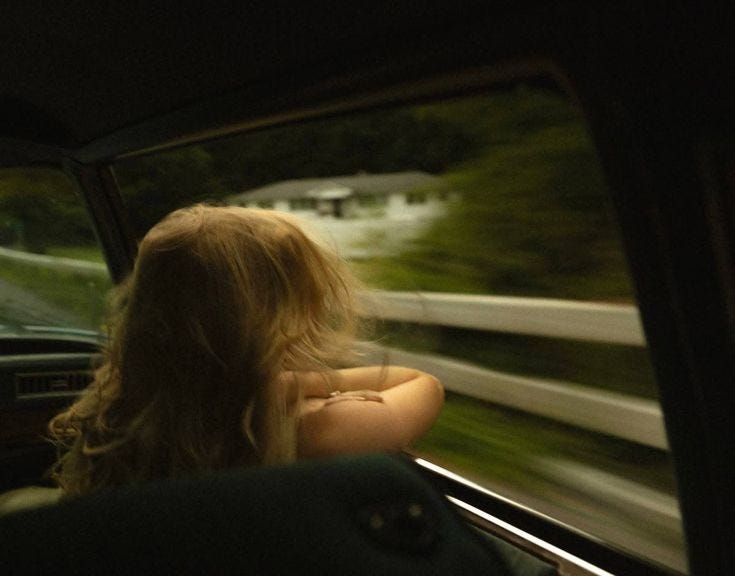
There are moments in life when everything shifts. Sometimes it happens slowly—a strange gut instinct you can’t shake, a relationship that starts to fray, a parent’s declining memory. Other times, it crashes in—a miscarriage, a coming-out moment you didn’t plan, a doctor saying, “We found something.” It might be the end of something you thought would last forever. Or the beginning of something you never asked for. However it happens, there’s a moment where the life you were living no longer feels like your own.
That’s what happened to me.
When I started having health issues last year—what eventually became a cancer diagnosis—my body stopped feeling like mine. It became a site of urgency. A problem to solve. Something to poke and prod at. Something to operate on, to use for research, to speak about in clinical terms. A shell I was somehow still inside of, but no longer in control of.
When you’ve grown up believing your youth is supposed to protect you—that your 20s are your prime, the peak of vitality—the betrayal of your body failing you feels personal. Unfair.
And that’s when it began: the dissociation. The physical part was only the beginning, but it opened the door to an unraveling of self—a mental disconnection I didn’t see coming.
I’d sit in the waiting room at the hospital’s cancer wing surrounded by people with white hair and canes, their adult children holding them by the elbow. And I’d think, this isn’t real life. I don’t belong here. I’d feel myself float outside of my own body, like I was watching a stranger from a distance. I was there, but not really.
There’s something terrifying about that kind of detachment. Dissociation starts as a defense mechanism—a way to cope, a way to survive. But then it stays. It settles in and becomes habit.
Some days, I needed it. I had to mentally check out just to make it through. I became really good at compartmentalizing—sitting in appointments or work meetings and nodding along, while inside I was screaming or spinning or entirely absent.
And I started to wonder if this feeling is more common than we talk about. If other people experience this disconnection in different chapters of life—not just in illness.
Maybe pregnant women feel it when their bodies suddenly belong to everyone but them. When strangers reach out to touch their bellies without permission. When the future becomes less about their own lives and more about the one growing inside them.
Maybe aging women feel it, too. When the world begins to look past them, when their reflection doesn’t match their memory and they wonder, when did I become her?
And maybe that’s why we chase youth—not purely out of vanity, but out of quiet panic, a desperate attempt to stay tethered to the version of ourselves we still recognize. We dye our hair, get Botox, Facetune the fine lines—not always to look younger, but to look familiar. To close the gap between who we are now and who we once were.
But that chase? It, too, is its own form of dissociation. A refusal to accept that we’ve changed. And in trying to reclaim that past version of ourselves, we risk losing touch with the present one.
That’s the cost of dissociation: it’s lonely. It cuts you off from yourself and the people who love you. It delays healing.
That’s what I’ve learned, at least. Even after my body recovered, my mind was still hovering outside of it—unsure how to fully return.
And yet, in writing this, I’m trying. I’m stitching myself back together. Naming what was lost, and trying to close the gap. Coming home to myself—slowly, but with intention.
Because I want to belong to my own life again.
B





Thank you for sharing such a vulnerable state of being. Your words are a salve.
So beautifully written.
Our bodies are so precious, so sensitive, and all we can do is show it (ourselves) grace. What a journey you have been through, but one that has made you all the more strong, and one that has made the rest of us sit back and awe at your strength.
Thank you for sharing something so deeply personal because it’s truly in that openness that you help others find their own strength and journey back to themselves.
Love you x